The Grass is Greener in Greater Madison
by Louisa May
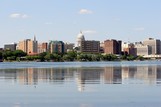 The Louisa May “green” prize is awarded this week to Madison, more specifically to the continued efforts of a group of environmentally aware citizens in Madison, Wisconsin.
The Louisa May “green” prize is awarded this week to Madison, more specifically to the continued efforts of a group of environmentally aware citizens in Madison, Wisconsin.
These residents were concerned with the health and environmental effects of pesticides and fertilizer use in their community.
First, volunteers formed the Greater Madison Healthy Lawn Team, Inc. Later, in the spring of 2005, they joined forces with the National Coalition for Pesticide Free Lawns.
Working “one yard at a time,” the Greater Madison Healthy Lawn Team is still going strong. Made up of about twenty neighborhood healthy lawn teams, they are united as one under the umbrella of the Greater Madison team. The “Greater” group is funded by small grants and donations and driven by a big desire to make a difference. The goals of the Madison Team and the National Coalition are to educate consumers, landscapers, and policymakers about the hazards of lawn chemicals and get the word out about the availability of safe alternatives.
According to Beyond Pesticides, a watchdog group in Washington D.C., Americans apply over 90 million pounds of weedkillers on their lawns each year. And a lot of people do this in an effort to be good neighbors.They don’t want weeds spreading to the neighbors’ lawns. But pesticides contain toxic chemicals that become airborne and affect the neighbors’ health as well as lawn quality. These chemicals not only pollute the water in our lakes and streams, they contaminate our drinking water and can even alter our behavior. ( I’m saving the link between pesticides and our behavioral problems for another story.)
On May 12, 2008, National Oceanic and Atmospheric Administration (NOAA) scientists released a report showing that environmental laws passed in the 1970’s are having a positive effect on reducing contaminant levels in coastal waters of the U.S. The findings are the results of NOAA’s twenty year water monitoring efforts that analysed over 140 different chemicals in U.S coastal and estuarine areas including the Great Lakes. The study shows decreasing trends in the use of pesticides nationwide, but it doesn’t show a decrease in trace metals.
Ironically, one alternative to a pesticide-laden lawn may be doing the environment more harm than good. Artificial turf.
The Environmental Protection Agency is still investigating, but there are some concerns among environmentalists and scientists that the new, softer and springier turf is releasing lead, arsenic and a host of other contaminants into our soil, air, and water. The turf contains known compounds. It just hasn’t been determined yet how many of these compounds are released into the soil, air, and water. And no one is sure yet if the compounds react the same in each element, or at what levels they become dangerous to human health and the environment.
So, now is the time to take a critical look at your lawn, or call an organic lawn service to advise you. Some of the suggestions you might hear include the following:
-
Modify sprinkler systems to water turf areas, not hardscapes. This could include installing micro-irrigation (drip) systems to save water.
-
Weeds tell you that your lawn is under stress. You may have an unsuitable grass species growing, be mowing at an improper height, or need to smooth out uneven grading on your property.
-
Planting the right ground cover is a lower maintenance option. However ground covers perform poorly under too much foot traffic. Suitable areas for ground cover include narrow strips between sidewalks and structures, and on steep slopes. For best performance, ground cover should be chosen specifically for sun and shady spots.
-
Now is the time of year to apply nitrogen. Specific soil to nitrogen formulas apply. Use organic sources for nitrogen including compost, manure, or fish meal. Corn gluten meal kills weeds and gives the soil all the nitrogen it needs.
Click here for Secrets of Energy Saving Landscape.
Check out our Green Pages for information on money saving tips that help the environment. Once there, click on the Green Forum to see more articles by our green feature writer Louisa May.
American Apartment Owners Association offers discounts on products and services related to your commercial housing investment, including real estate forms, tenant debt collection, tenant background checks, insurance and financing. Find out more at www.joinaaoa.org.
To subscribe to our blog, click here.

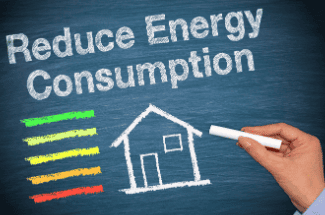
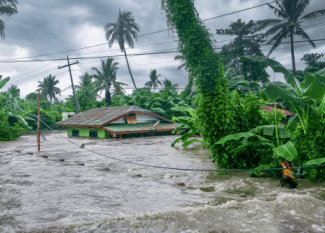



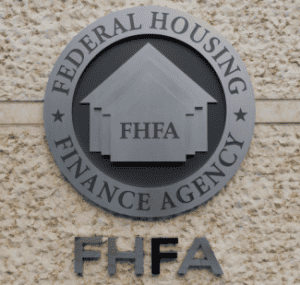
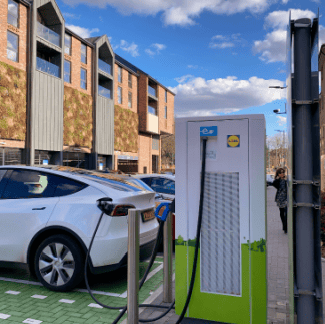







 Accessibility
Accessibility